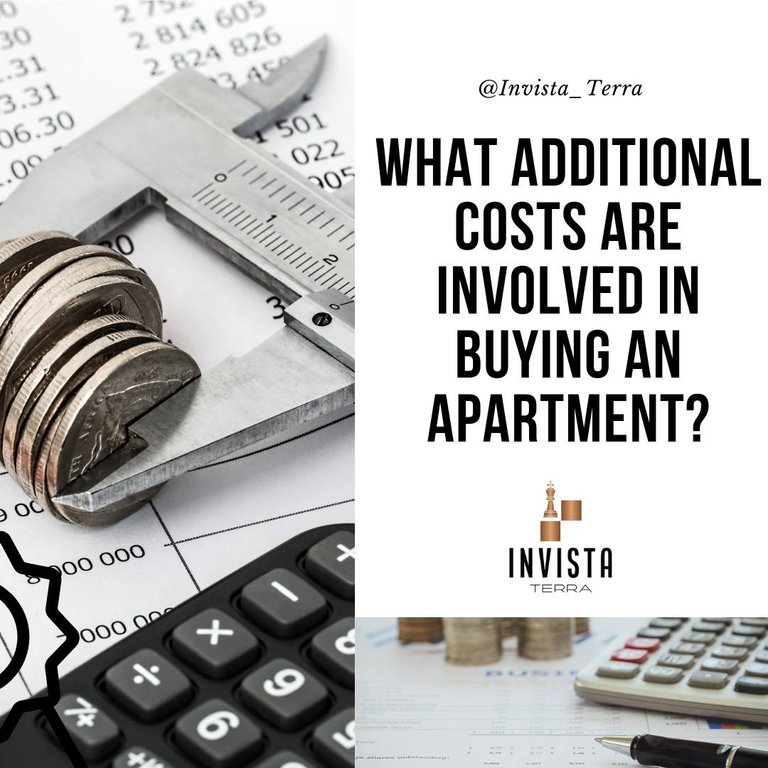
In addition to the property price, the buyer incurs a range of additional expenses that are crucial to factor into the overall cost of purchasing a property in Italy. These expenses include:
🔸 Taxes:
Registration tax (Imposta di Registro): This is one of the main taxes and varies depending on whether the property is purchased from a private seller or a company. For first-time homebuyers, there may be reduced rates. In general, the registration tax is calculated as a percentage of the property’s cadastral value (which is usually lower than the market price).
VAT (Value Added Tax): Applicable in cases where the property is sold by a company or is a new build. VAT rates generally range from 4% for first-time homebuyers, 10% for residential properties, or 22% for luxury properties.
IMU (Imposta Municipale Unica): The municipal property tax is typically paid on second homes and luxury properties, though exemptions may apply in some cases.
🔸 Notary Fees:
A notary plays an essential role in the property transaction, and their fees typically range between €1,000 and €2,500, depending on the property’s value and complexity. These fees cover the notary's services for drafting and registering the deed of sale (atto di vendita). The notary ensures the legal validity of the transaction, checks the property's legal status, and registers the transaction with the relevant authorities.
🔸 Legal and Technical Checks:
These costs cover the verification of important property details, such as:
Ensuring that the property has proper renovation permits and complies with zoning laws.
Checking for any outstanding utility bills, mortgages, or legal disputes related to the property.
Engaging surveyors or engineers to inspect the property for structural issues or required renovations.
These checks help avoid future legal complications or unexpected expenses.
🔸 Agency Commission:
If the buyer uses the services of a real estate agent, the commission fee typically ranges from 2% to 5% of the purchase price. This fee is usually paid by the buyer, though in some cases, it may be negotiated. It's important to clarify the agent's commission structure upfront to avoid misunderstandings later.
🔸 Utility Connection or Transfer Fees:
These fees cover the costs of transferring or connecting utilities such as electricity, water, gas, and internet to the property. While some properties may already be connected, others may require the buyer to pay for new installations or updates to existing connections.
Typically, these additional costs amount to 8–10% of the property's purchase price. However, they can be higher in certain areas, particularly in large cities like Milan or Rome, where the taxes and notary fees tend to be more expensive. Moreover, for higher-value properties, these costs could be proportionally larger due to the higher tax rates and professional fees associated with luxury real estate. It's essential for buyers to account for these costs early in the purchasing process to ensure they have sufficient budget to cover the total price of the transaction.